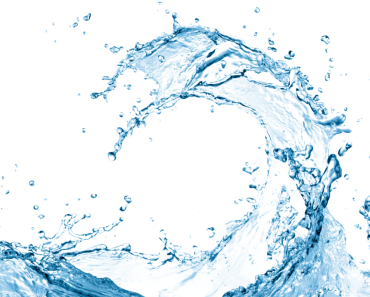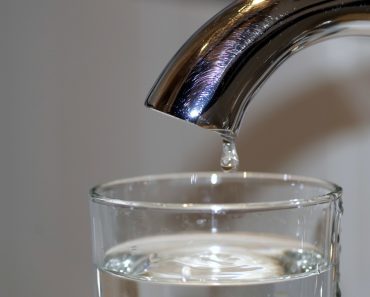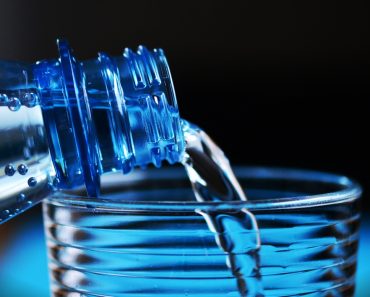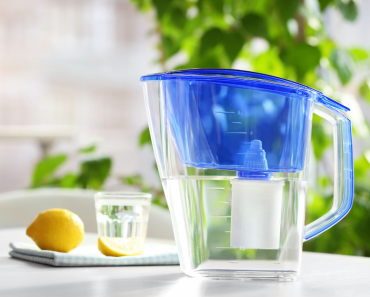If you’re thinking about purchasing a professional water filter for your house, consider ultraviolet water purification systems. UV filters are more convenient and reliable than other water filters when compared to various methods of filtering water.
In the United Kingdom, at least half a million people get their drinking water from a private source such as a well or springs. The issue is that these sources are not treated against water contamination and other contaminants, therefore they must be sterilized prior to consumption.
We’ll look at how UV water filters can help you remove pollutants from your drinking water below. Let’s get started.
How do ultraviolet water filters function?
UV water filters utilize a specific UV lamp that produces intense ultraviolet radiation at a wavelength that is harmful to microorganisms in your water. The DNA of germs or the RNA of viruses is effectively destroyed thanks to the potency of UV light.
UV-C destroys microorganisms and viruses when they are exposed to such a powerful wavelength.
Another great benefit of UV water filters is that they don’t use any chemicals to purify your water. This way, you won’t have to be concerned about pollutants being added to the water you drink, and its flavour will not be altered.
The numbers for UV water filters appear to be very good: bacteria in the water are destroyed by UV filtration.
Is UV water filtering a popular water treatment solution?
Point-of-use filters, often called point-of-entry filters, are the most popular kinds of UV water purifiers. They’re used in household water supplies as well as private systems.
Even water supplies that are regularly disinfected by chlorine pesticides, such as Manila’s water supply, may be at risk of infection due to their age. In some situations, even employing a UV water filter for municipal water treatment is recommended.
What exactly is in a UV water filter?
It’s critical to understand the filtering technique and the filter’s construction when it comes to selecting a professional water filter.
UV water filters range from bare-bones to more complex systems, depending on the manufacturer and model.
Here’s what a basic UV water filter system consists of:
- Unfiltered water intake and filtered water output.
- UV quartz sleeve: The UV chamber is located within the tube, which resembles a cylinder. It protects the lamp and quartz sleeve from water, as well as regulates the water flow through the system.
- UV bulb/lamp: It’s the component in the system that emits UV light to disinfect the water being treated.
- Controller unit: The controller unit, which may be simple or more complex, controls the electrical output of the device and powers the light required for purification.
Additional, more complex components are included in some UV water filters, such as:
- Flowmeter: The UV dosage is calculated and shown in real time for a specific flow rate.
- Solenoid valve: It’s a self-closing mechanism that springs into action if the purification system isn’t working correctly, preventing uncontrolled water from flowing through the system.
- UV sensor: When the UV sensor detects that the intensity of UV light is insufficient, it activates an alarm.
It’s also worth noting that UV water filters require a prefiltration system, which is generally bought separately. Sediments in the water may block UV light, reducing the filtering efficiency of the filter.
What are the benefits of UV water systems?
UV water filters have several benefits that make them extremely popular among filter buyers, in comparison to other water filter systems, even industry-leading versions. Let’s take a look at the most important benefits of knowing if you’re thinking of purchasing a UV water filter system:
It’s completely safe.
UV units, on the other hand, are designed to be used in conjunction with copper or borosilicate glass. As a result of this, they do not add anything to the water and there is no way for microorganisms to develop resistance.
Reliable
UV water purification is a good substitute for chlorine, with an effectiveness rate of 99.99%.
A Simple Large-Scale Filtration System
It is not necessary to check for VOCs or change the filter on a UV purifier all that time. One year is all it takes to swap a light bulb for a UV purifier.
Eco-friendly
UV filtration, unlike chlorine, is not a polluter. UV filtering does not generate by-products that are harmful to the environment.
No taste alteration
Chlorine and similar disinfectants change the flavour of water, while UV purification has no effect on the flavour or smell of your drinking water.
What are some of the drawbacks of UV water filters?
However, it is crucial to remember that UVA systems have certain characteristics that might be disadvantageous for some individuals. Let’s take a look at some of the things you should consider before buying your filter:
- UV filters do not improve the flavour or smell of water. They also do not improve them. Some filter systems, such as those that include an activated carbon filter, can enhance the taste of water.
- The primary disadvantage of UV filters is that they only target bacteria and no other contaminants, so using UV systems in conjunction with additional filtering methods may be required.
- The system consumes electricity, but its energy requirement is low. So if you don’t intend to use your water filter in off-grid locations and have access to power, this should not be a problem.
Conclusion
UV light is used to target water pollutants in professional UV water systems, as you can see. These are one of the most convenient advanced water filters available, with a 99.99 percent efficiency rate.



